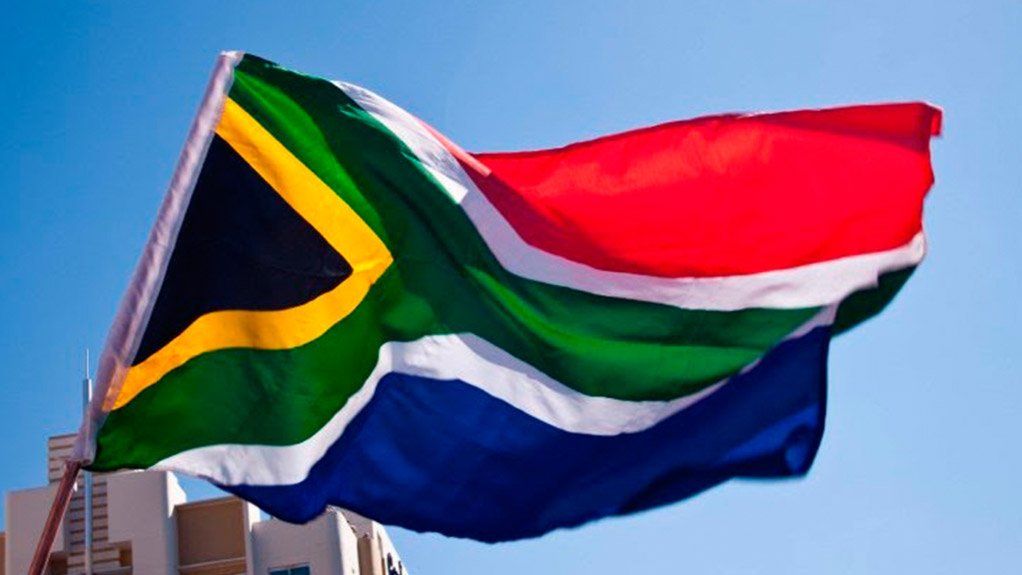/ MEDIA STATEMENT / The content on this page is not written by Polity.org.za, but is supplied by third parties. This content does not constitute news reporting by Polity.org.za.
The second day of the Abortion and Reproductive Justice Conference (ARJC): The Unfinished Revolution III, is currently underway at the Rhodes University in Makhanda, Eastern Cape.
Key discussions today include:
- Health Systems, Histories of Abortion and Abortion Politics
- Education, Interventions and Treatment
- Activism and Advocacy
- Social Contexts and Advocacy
- Theory and Methods in Research
Delegates are continuing with dialogues surrounding abortion, reproductive justice and the right to reproductive health for women and children.
During a Social Contexts and Advocacy session presented by Judith Merckel, the Country Director of Ipas South Africa, it was revealed that women often opt for traditional methods of carrying out abortions due to:
- The lack of access to abortion services in rural areas
- Health service providers actively trying to dissuade women from an abortion by the ascription of personhood to the foetus, the presentation of foetal imagery and the graphic descriptions of foetal development or outlining the risks associated with abortion.
- Deterioration of relationships with NGOs
- A lack of political leadership
The ARJC is still continuing until 12 July 2018 and it is hosted by the Department of Social Development in partnership with the Critical Studies in Sexualities and Reproduction Research Programme, Rhodes University, the Sexual and Reproductive Justice Coalition and the International Campaign for Women’s Right to Safe Abortion.
The South African government has consistently promoted a broadly inclusive understanding of sexual and reproductive health and rights as a basic requirement for the achievement of the objectives of the International Conference on Population and Development Programme of Action, the empowerment of women, and the achievement of gender equity and equality.
It is imperative to improve the social and economic status of women, particularly young women, in order to decrease their vulnerability and increase the ability of households, particularly vulnerable ones, to deal with the impact of HIV and Aids. It is equally important to continue the promotion of responsible, healthy reproductive lifestyles and behaviour among high risk groups and the youth. It is also important to continue to promote and encourage male involvement and responsibility in family planning, contraception usage and other SRH services.
These challenges can only be addressed adequately when reproductive justice is achieved for all in South Africa, particularly for women. Reproductive justice can however only be realised when SRHR is an integral part of initiatives geared towards achieving gender equality, equity and the full empowerment of women. For this to happen all, but particularly the most marginalised and vulnerable, should also attain economic and social justice, only then will they be able to make empowered, informed and responsible choices regarding their own fertility.
Given the above population concerns, Sexual and Reproductive Health and Rights was identified as one of the population policy priorities for the 2014 to 2019 period. Work in this priority area should pay particular attention to the sexual and reproductive health and rights of the youth and adolescents, including easy and affordable access to appropriate and youth friendly services and facilities.
The conference builds on the ongoing work under the leadership of the Inter-Ministerial Committee established by Cabinet to oversee implementation of the Population Policy, the National Adolescent Sexual and Reproductive Health and Rights Framework Strategy as well as the coordination of the United Nations Population Fund Country Support Programme. In 2015, Cabinet approved the National Adolescent Sexual and Reproductive Health and Rights Framework Strategy (2014-2019). The strategy resonates with the vision of the Population Policy of South Africa (1998).
The conference is attended by 285 delegates from 26 countries across the globe and builds on the two previous conferences that were held in Canada in August 2014 and in Northern Ireland in July 2016.
Issued by Government Communication and Information System
EMAIL THIS ARTICLE SAVE THIS ARTICLE ARTICLE ENQUIRY
To subscribe email subscriptions@creamermedia.co.za or click here
To advertise email advertising@creamermedia.co.za or click here











